 |
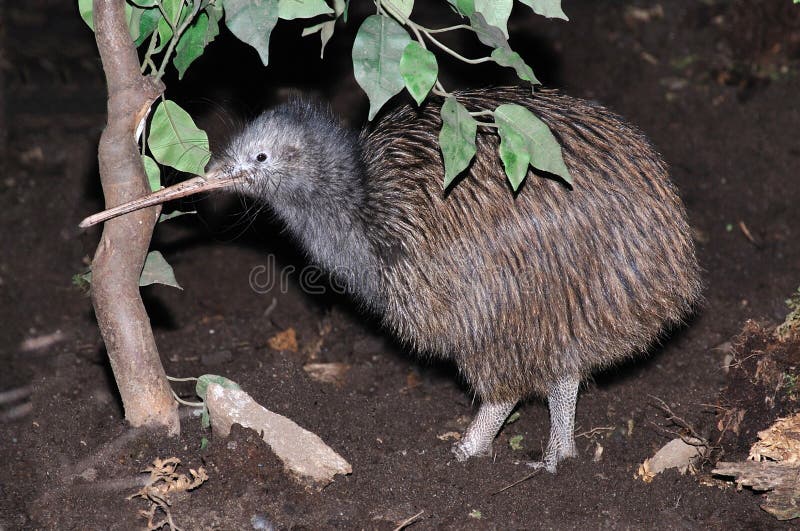 |
 |
1. KIWI
This little word rich in meanings.
Imagine that I say this: “There is a kiwi under the tree.”
Well, I could be referring to the fruit on the left, but if I were in New Zealand also to a native nocturnal flightless bird, and last but not least, I could be saying that there is someone from New Zealand under the tree, as this is also a nickname for New Zealanders. For the record, the nickname refers to the bird, not the fruit. It is not offensive, quite on the contrary New Zealanders are proud of it.
2.TRAMPING
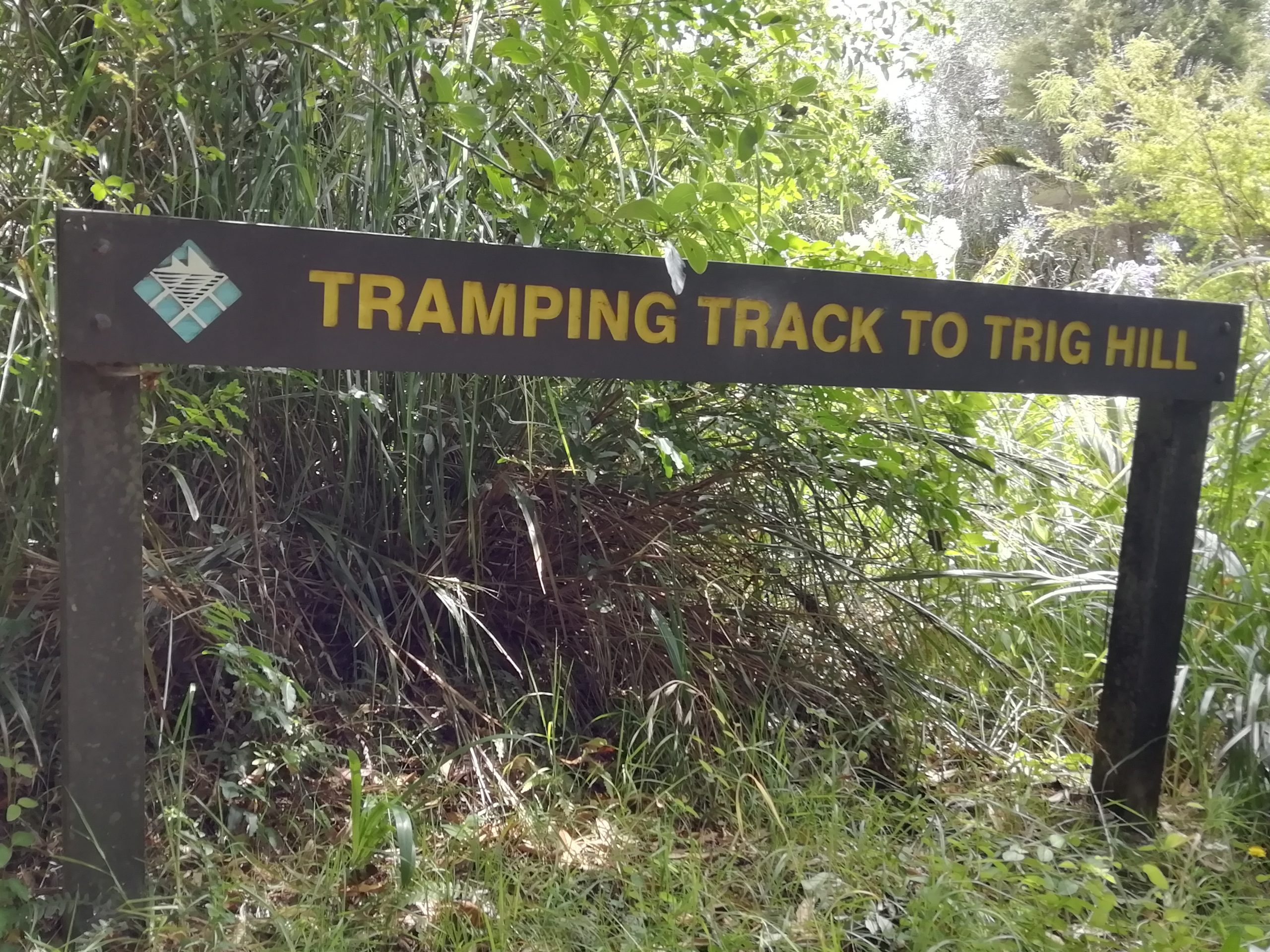
If a kiwi friend tells you: “Let’s go tramping at the weekend!”, what they are suggesting is that you go hiking. Some notes:
- Etymology: Tramp is derived from a Middle English verb meaning to “walk with heavy footsteps” (cf. modern English trample) and “to go hiking“. In Britain the term was widely used to refer to vagrants in the early Victorian period. Source: Wikipedia
- Another meaning of tramp: A person with no home, job, or money who travels around and asks for money from other people. Source: Cambridge Dictionary
3. KIA ORA
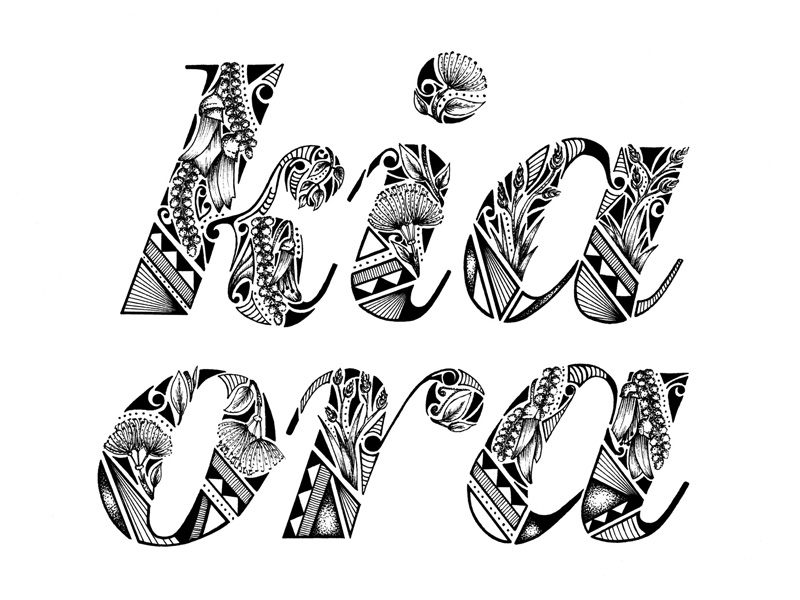
This Mãori word is a form of greeting you will frequently hear if you go to New Zealand. It replaces a hello but has a deeper meaning; you are acknowledging the person and wishing the essence of life upon them. It can also be used to express gratitude, instead of thank you.
4. WHANAU
 Another Mãori word that has made it into their everyday language. It means the family. An example in context taken from a newspaper article (April 2021). These young boys who are going to take part in the charity event are both following in their parents’ footsteps or keeping it in the family.
Another Mãori word that has made it into their everyday language. It means the family. An example in context taken from a newspaper article (April 2021). These young boys who are going to take part in the charity event are both following in their parents’ footsteps or keeping it in the family.
“Harcourts Dancing for Hospice*: Keeping it in the whānau”
5. O.E.
 Young girls or boys go on their O.E. before starting or after finishing university. O.E. stands for “overseas experience” and it means to travel around the world and and in some cases, also work abroad for a year or two. New Zealand is so far from it all that this is an opportunity to travel extensively before settling down. It is a common practice in other countries such as Australia.
Young girls or boys go on their O.E. before starting or after finishing university. O.E. stands for “overseas experience” and it means to travel around the world and and in some cases, also work abroad for a year or two. New Zealand is so far from it all that this is an opportunity to travel extensively before settling down. It is a common practice in other countries such as Australia.
“She had to put her O.E. on hold due to travel restrictions during the pandemic.”
6. DAIRY
 “We run out of rice. I’ll pop out to the dairy to get some.”
“We run out of rice. I’ll pop out to the dairy to get some.”
Buying rice in a dairy? Not surely at the dairy farm that processes and sells milk products.
Well, this is possible in NZ as the term dairy also refers to a small grocery shop; much like the local corner shop that sells a bit of everything.
7. NO WORRIES!
Although not exclusive to New Zealand, this phrase is especially prevalent there. You hear it all the time. Impossible not to pick it up yourself, eventually.
It means: It’s ok, no problem. I was surprised to hear it in response to a thank you, too.
 “Sorry to be late.”
“Sorry to be late.”
“No worries!”
8. SWEET AS
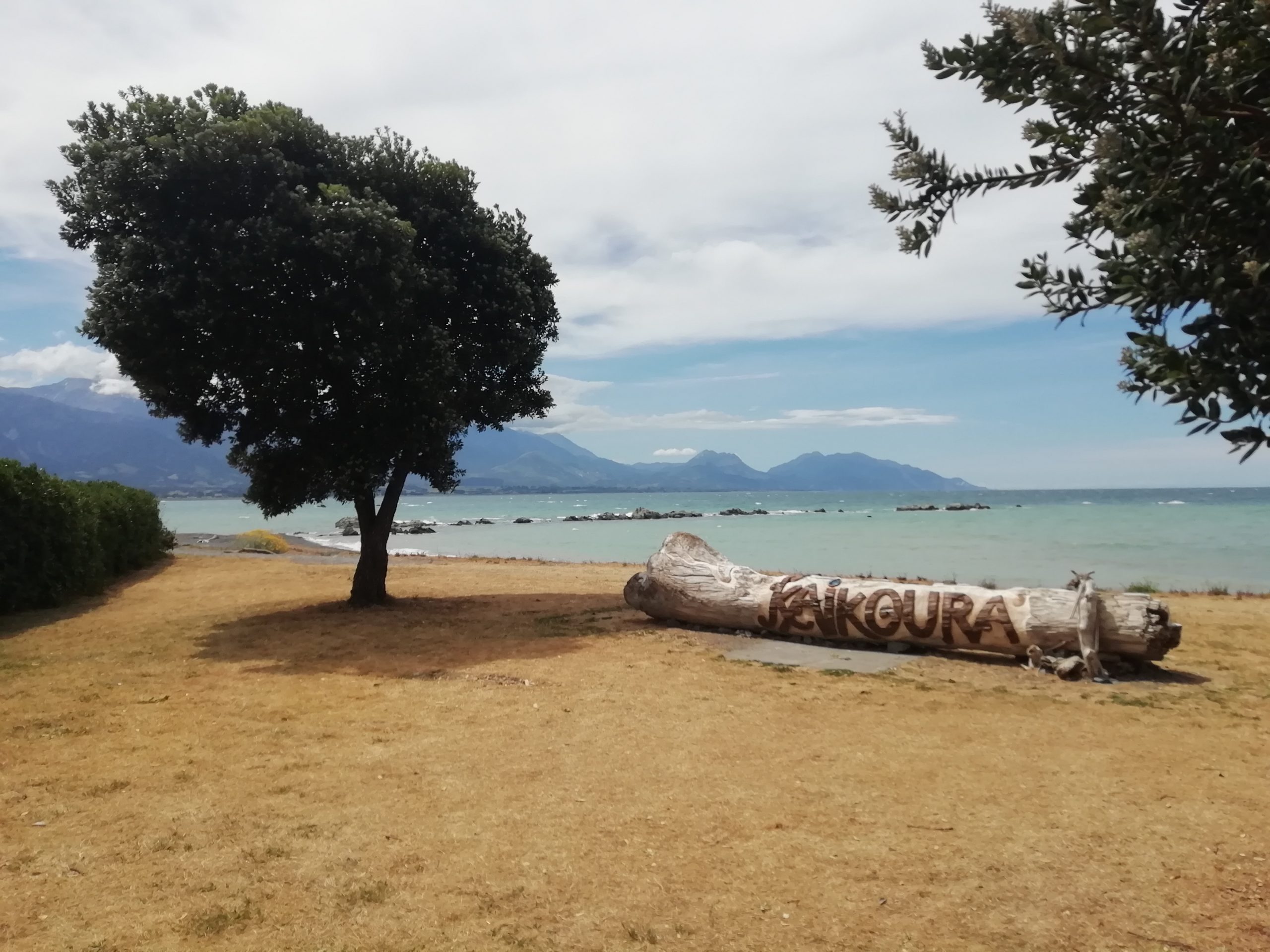 Cool, awesome. Really good. Excellent!.
Cool, awesome. Really good. Excellent!.
“Meeting you in Kaikoura was sweet as!”
9. BACH OR CRIB
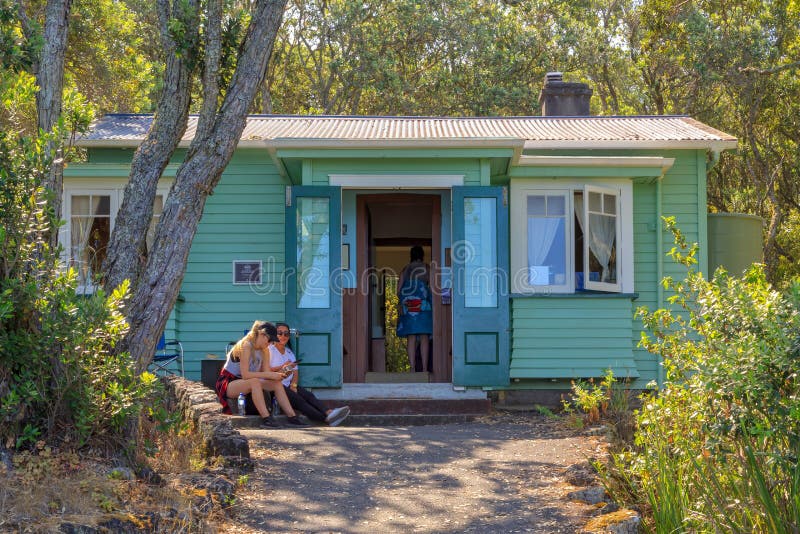 Batch is a holiday home on the North Island also called crib* on the South Island.
Batch is a holiday home on the North Island also called crib* on the South Island.
“Renting a crib in Fiordland National Park is prohibitive. We’ll go camping.”
* In a different context crib also means a baby cot bed.
9. JANDALS
 There is disagreement over who manufactured the first Jandals and coined this termback in the late 1940s or throughout the 1950s. It comes from the word “Japanese sandals”. You can read about it here. Regardless of the origin, the word stuck and it is now widely used in NZ. An example: “I can’t believe you are wearing jandals for a walk in the bush.”
There is disagreement over who manufactured the first Jandals and coined this termback in the late 1940s or throughout the 1950s. It comes from the word “Japanese sandals”. You can read about it here. Regardless of the origin, the word stuck and it is now widely used in NZ. An example: “I can’t believe you are wearing jandals for a walk in the bush.”
10. BUSH
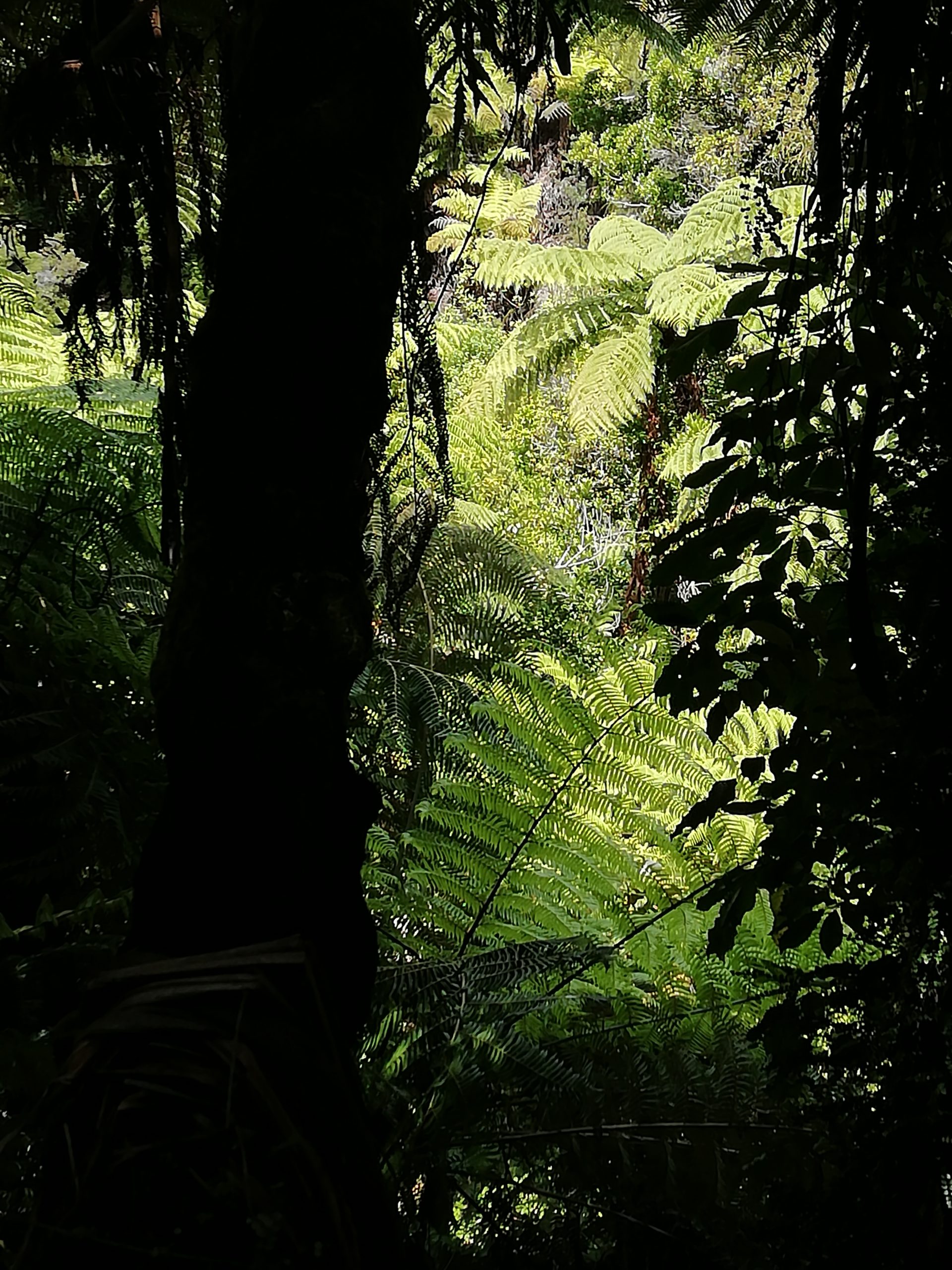 New Zealanders call their native forest the bush. It’s dense and tangled with numerous kinds of ferns, some gigantic.
New Zealanders call their native forest the bush. It’s dense and tangled with numerous kinds of ferns, some gigantic.
The sound of birds makes it a truly magical place to walk around in the hope of spotting some native species. Some areas look impenetrable.
“As I was walking through the bush, a group of Wekas crossed the path.”